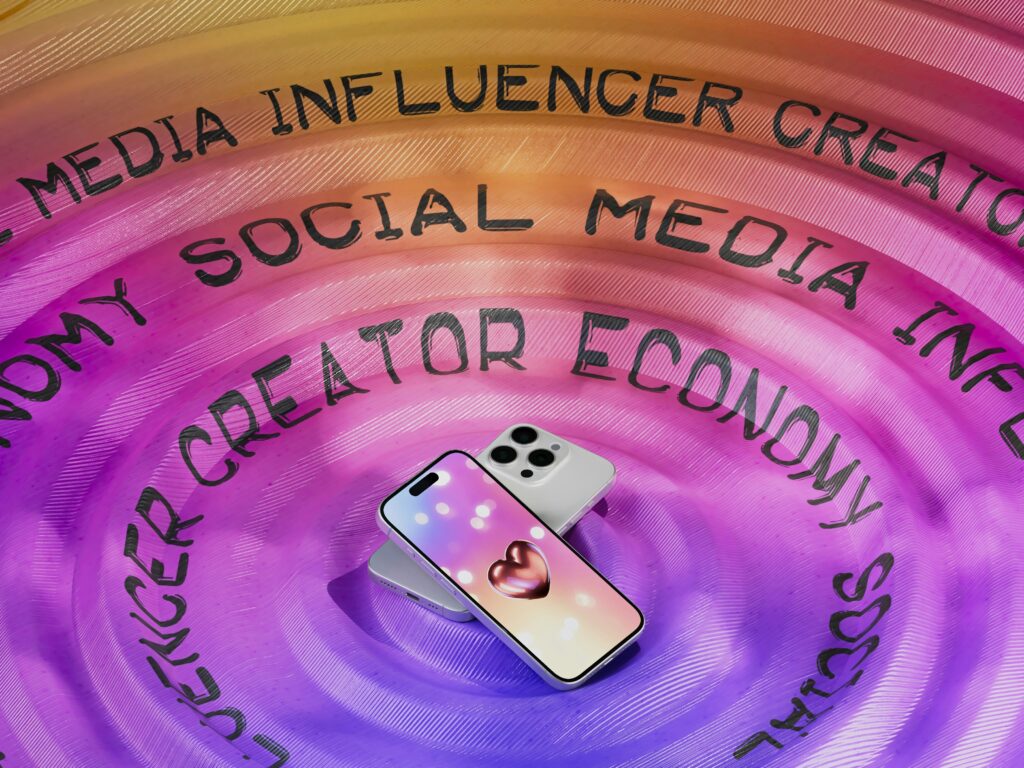Have you ever stopped to think about the impact that virtual influencers could have on the marketing industry? In a world where social media influencers are omnipresent, the rise of virtual influencers offers a new and intriguing twist to digital marketing strategies.
These computer-generated influencers, such as Lil Miquela and Shudu Gram, are gaining popularity and followers at an astonishing rate. Their flawless appearance and curated personalities make them seem almost more appealing than their human counterparts. Brands are taking notice and partnering with these virtual influencers to promote their products and services.
According to a recent study by Hootsuite, engagements with virtual influencers are on par with human influencers, with some even outperforming their real-life counterparts. This opens up a whole new realm of possibilities for marketers to reach their target audiences in unique and innovative ways.
Industry experts are divided on the long-term impact of virtual influencers. Some believe that they are a valuable addition to the marketing toolkit, offering brands a way to stay ahead of the curve and engage with younger, tech-savvy audiences. Others caution that the authenticity and credibility of virtual influencers could come into question as consumers become more discerning about who they choose to follow.
Regardless of where you stand on the issue, one thing is clear: virtual influencers are here to stay, and the marketing world will need to adapt to this new digital frontier.



